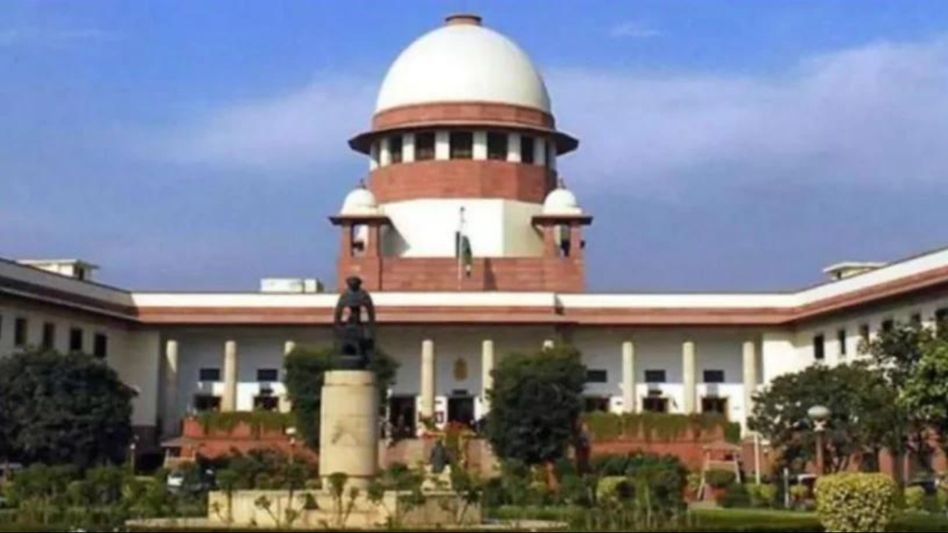Supreme Court upholds abrogation of Article 370
The Supreme Court of India delivered a landmark judgment upholding the abrogation of Article 370, which had previously granted special status to the region of Jammu and Kashmir.
 Supreme Court upholds abrogation of Article 370
Supreme Court upholds abrogation of Article 370The Supreme Court of India delivered a landmark judgment upholding the abrogation of Article 370, which had previously granted special status to the region of Jammu and Kashmir.
This decision affirmed the constitutional validity of the government's actions taken on August 5th, 2019, when Article 370 was nullified, leading to significant changes in the region's autonomy and governance.
Article 370 was originally intended as a temporary provision due to the war conditions at the time of its inception.
It allowed Jammu and Kashmir to have its own constitution and limited the applicability of the Indian Constitution within the state. The region was also declared a union territory on October 31st, 2019, with Srinagar serving as the capital from May to October and Jammu from November to April.
The Supreme Court's ruling came after extensive deliberations, with the judgment being reserved on September 5th following 16 days of arguments. The bench, led by Chief Justice of India D.Y. Chandrachud, included Justices Sanjay Kishan Kaul, Sanjiv Khanna, B.R. Gavai, and Surya Kant. They collectively determined that the President of India had the authority to issue a notification rendering Article 370 inoperative, even after the dissolution of the Jammu and Kashmir Constituent Assembly, which had ceased to exist post the adoption of the state's constitution on January 26th, 1957.
Also Read: Supreme Court directs ECI to conduct Assembly polls of J&K by 30 September 2024
Furthermore, the court directed the Election Commission of India to conduct elections for the Legislative Assembly of Jammu and Kashmir by September 30th, 2024, and upheld the reorganization of Ladakh as a separate Union Territory. The judgment also called for the establishment of a truth-and-reconciliation commission to investigate human rights violations in the region.
In response to the verdict, political reactions were mixed, with some expressing dissatisfaction with the outcome.
Ghulam Nabi Azad stated that the people of Jammu and Kashmir were not happy with the decision, but acknowledged the necessity to accept it.
Meanwhile, security measures were heightened in anticipation of the verdict, and guidelines were issued for social media use to prevent the spread of sensitive content.
This historic ruling has set the stage for the future political landscape of Jammu and Kashmir, emphasizing the central government's commitment to integrate the region more closely with the rest of India and paving the way for potential statehood restoration as soon as feasible.
Copyright©2024 Living Media India Limited. For reprint rights: Syndications Today









